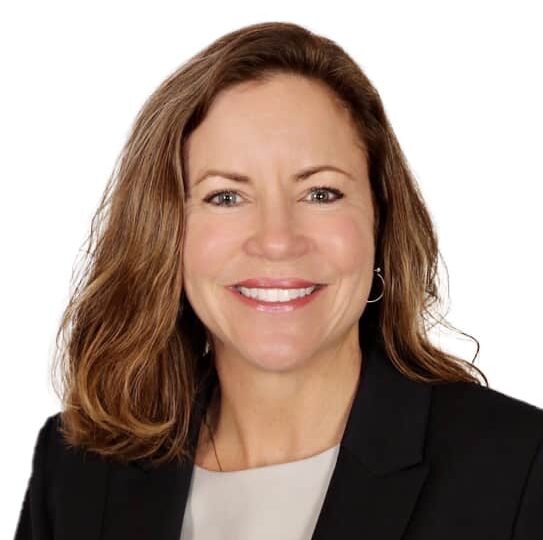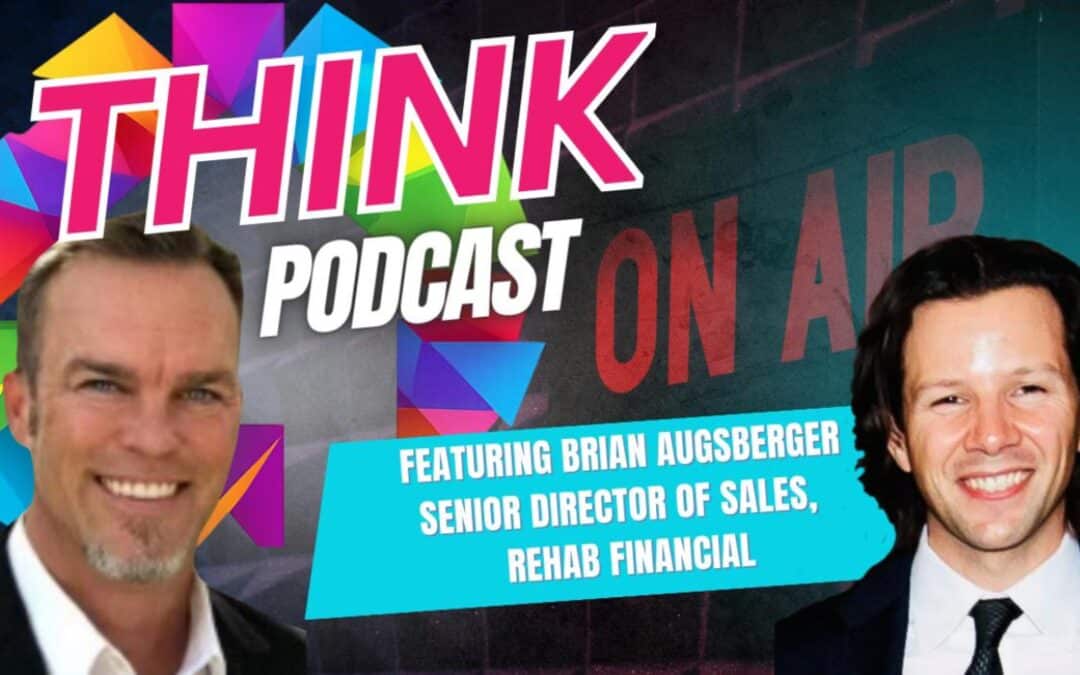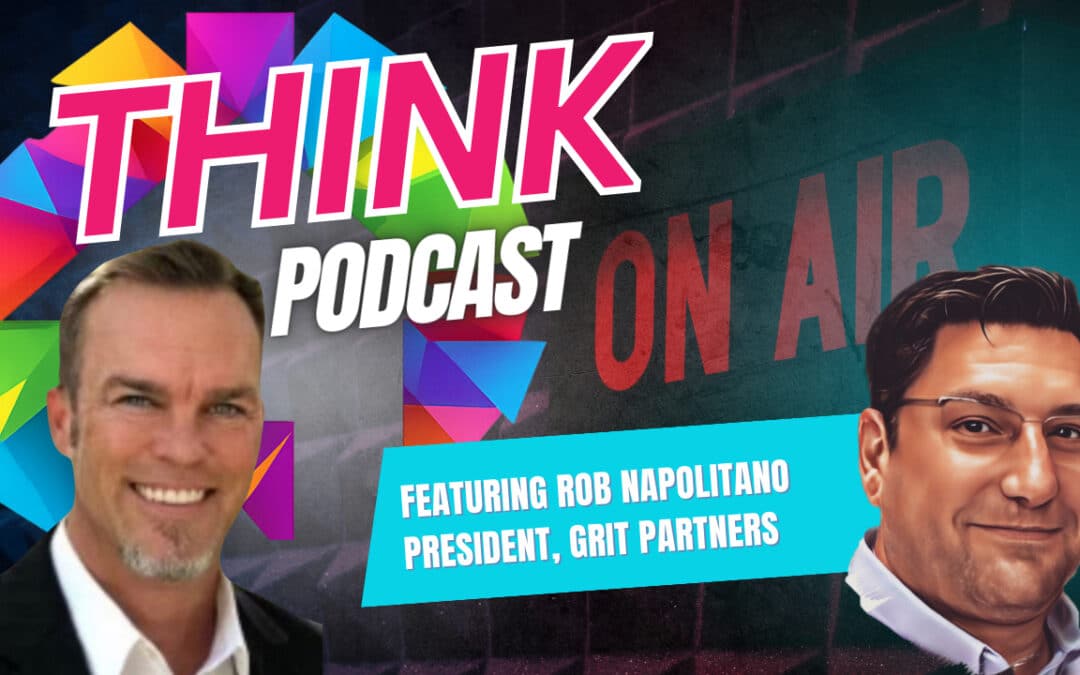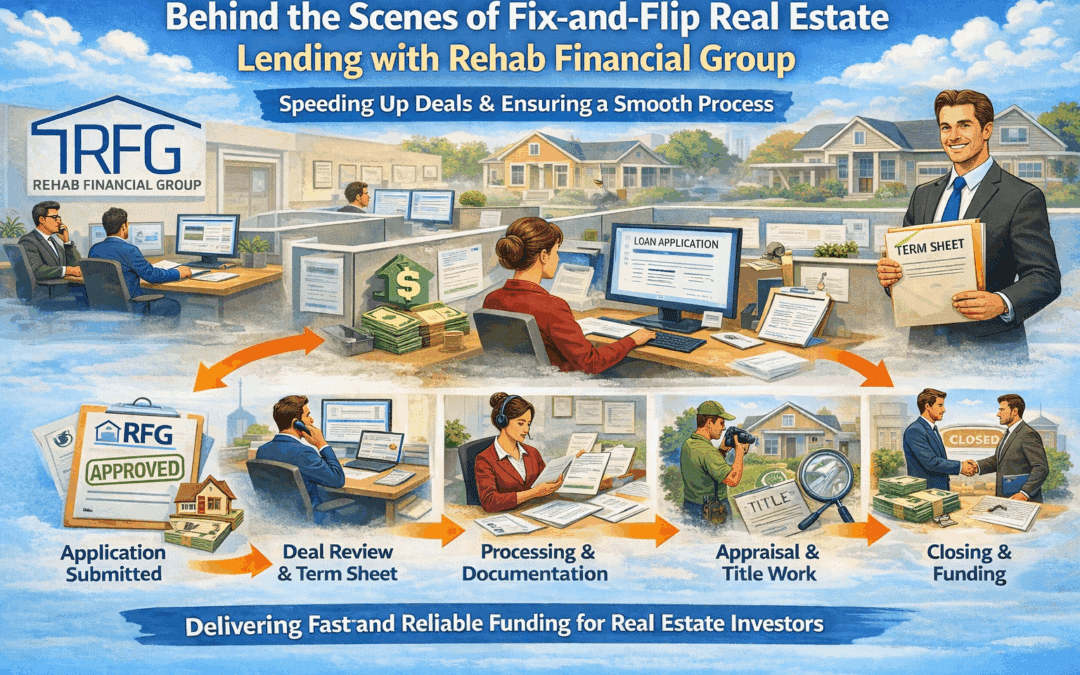Use these resources to Track hyper-LOCAL insights and help source your ideal investment.
I met five gentlemen ranging in age from 72 to 80 some time ago when they invited me to lunch. But it never seemed I had time to join them in Ocala, my quaint but rapidly growing Florida home. Finally, a few weeks ago when I accepted their offer, they honored me with a seat at their premium table.
They told me they have been dining at the same restaurant at the same round table every Wednesday (excluding major holidays) for 27 years. They had found a community within themselves, one in which they could grow and share inappropriate jokes along with investment tips. It was important to them to be able to meet to discuss their town and county and share all the insider happenings. After 27 years, they are their own secret community in the “know.”
After leaving lunch, I marveled at the gold mine of information they are as I look within my community for investment opportunities. But how do you even begin to unpack the depth of knowledge held across five people’s networks? How can anyone truly grasp the growth decisions shaping the city and county without that kind of collective insight? Does it really take 27 years of weekly lunches to start seeing the patterns, the under-the-surface investments, the quiet plans already in motion?
Many lenders have long considered networking with influential or insightful people a key to successful investments. I’m not advocating for shortcuts and have nothing against lunches, but there must be other ways to find deals. And this isn’t a ChatGPT question!
So, I began to search for less-traveled networking paths that might lead to discovering investment opportunities, locally and nationally. These deal-finding networks aren’t typically on a novice investor’s radar; however, each can prove lucrative.
Chambers of Commerce
Don’t underestimate your local chamber of commerce. It can be an unexpected goldmine for uncovering investment opportunities.
Google reports there are more than 7,500 chambers of commerce in the U.S. Their main purpose is to support local businesses and promote economic growth within their specific community or region.
Kevin Sheilley of the growing Charleston, South Carolina, Chamber of Commerce contends that within any chamber of significant size, there is usually someone on staff focused primarily on local housing. He encourages investors to make connections within their chamber and build a relationship with such a person. Surprisingly, few investors do. But those who take advantage of the opportunity will learn what that staff member does within the chamber as well as who they know, which in turn may lead to knowledge about the areas in the local community that are ripe for new housing development.
Armed with this knowledge, an investor can more accurately predict local businesses that will be needed to supply the incoming surge of residents. Or, knowing the path of new development may help an investor choose an area nearby that is aging and may be ready for renovation, making those homes potential fix-and-flip candidates.
Economic Development Councils
Like chambers of commerce, Economic Development Councils (EDCs), focus on creating and sustaining economic growth within specific areas.
Kirsten Hall, of the Sunrise Economic Development Council in booming Sunrise, Arizona, noted that networking with EDC staff is all about intentionality, which is to “find a few like-minded people in your field and ask them to meet and discuss leads or trends in the area.” She recommends investors, developers, and brokers reach out to the local economic development staff and find out what’s happening in the region. A simple coffee meeting can yield a lot of knowledge.
She also points out that EDC staff is a barometer for the local economy, movement by competitors, and whether the city council supports particular projects. She believes investors can glean information germane to a project by talking to civic leaders and others embedded in the city, region, and state.
Hall advises that networking is reciprocal. She recommends investors share their knowledge of the market, trends, and opportunities they’ve heard about, thus cementing the rapport and relationship with this vital community partner.
Podcasts
On a much broader scale, real estate investment professionals have their choice of numerous podcasts that offer insights into investment and dealmaking.
One of those is The Deal Scout. In addition to valuable insights, the show is shifting to become a platform that introduces investors and business owners/sellers who might never have found each other, if not for the podcast medium.
The format is simple. Buyers such as venture capitalists, private equity, family offices, or merger and acquisition firms appear on the show as guests and talk about their strategy and what they are looking for in which to buy or invest.
On a separate show, owners/sellers of businesses or commercial real estate appear as guests and talk about their business, its strengths and weaknesses, and what they are seeking—capital, expertise, or if they are looking to exit.
The Deal Scout’s premise is to make introductions between the two groups. The Deal Scout also fields inquiries from public listeners and directs them to our guests so possible deals can be explored.
Twenty-seven years of lunches can certainly be worthwhile strategy for finding investments, but it is an unlikely path modern investors will choose. Today’s smart investors seek direct relationships with people who can help, and they opt to use innovative technology to find investment opportunities. But even in our modern era, there is no shortcut to investing in the time required to get to know someone who can help.
In today’s modern world, artificial intelligence is readily available to analyze any given set of investment data and then spit out a ROI. To date, however, AI still can’t shake hands, share coffee, or be a someone in the “know” offering the spark to a great investment.
























0 Comments